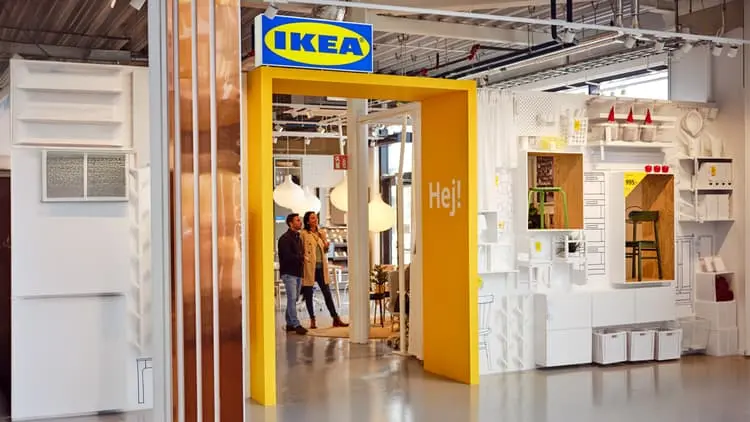20250704_AboutExportant_pen
The other day, I had a random question about a word that doesn't really exist today's vocabulary.
"Is the word important dependent on the word 'import'?"
"If it is, then why do we not have a word called 'exportant'?"
So I Googled for it and found this endearing article by a certain Andrew Smith on Substack.
https://goatfury.substack.com/p/the-importance-of-exportant
It really resonated with my views on the idea of being important and the alternative we can come up with.
EXIM (export-import) refers to the set of activities involved in the movement of goods and services across nations. And as all businesses are aware, for both goods and services, import is the only taxable activity.
Importers must pay the corresponding taxes to their respective governments.
However, there is another cost that goes unaccounted for, one that directly connects to the identity of the trading country; the prowess of the people and their cultural appeal.
Whether it's language, tradition, or history, a part of culture is imbibed in each region. That product or service would ideally have a linkage to the heritage of that region in order to represent the concept in its fullest form.
And when such products emerge from countries like Germany and China, they have their own operating language, distinct standards, manufacturing trademarks, etc.
Exhibit A: The Autostadt Zeithaus, one of the finest of Germany's car museums.
The automobiles showcased here form concepts of unprecedented innovation.

We live in a society filled with an excessive, ever-growing mesh of ideas. The strength of any given idea depends on how well it can be and will be transformed into a unique concept that's marketable to the public at large. And the best-selling, globally appealing concepts win.
Exhibit B: A standard Ikea store has set the standards for a premium yet affordable, all-in-one stop shop, started in Sweden.

Balancing the EXIM ratio becomes impossible when there's an excess of conceptual imports from other nations. The cultural strength of the nation in question may depend on it. How so?
Because a higher import of concepts reflects a lack of trust in the local cultural environment, leading domestic parties to seek and depend on their needs from overseas markets. Hence, there's a huge gap to be filled by being exportant.
If we don't feel the need to create unique concepts and export these high-quality, innovative outputs to other parts of the world, then how can we ever develop the capability to do so?
Link to my blog:
https://www.alt3rnateworld.com/journal/linked-in/20250704-about-exportant-pen/